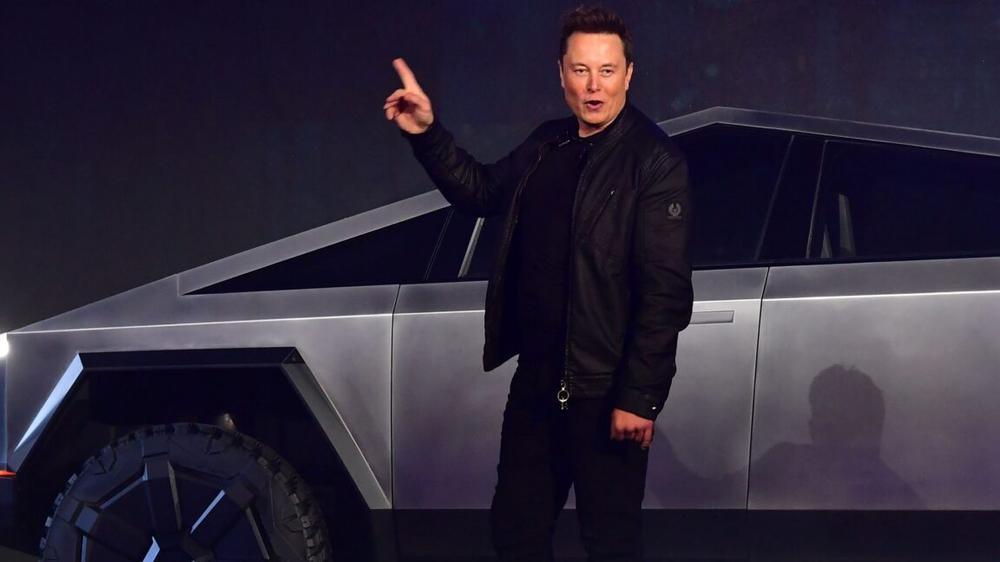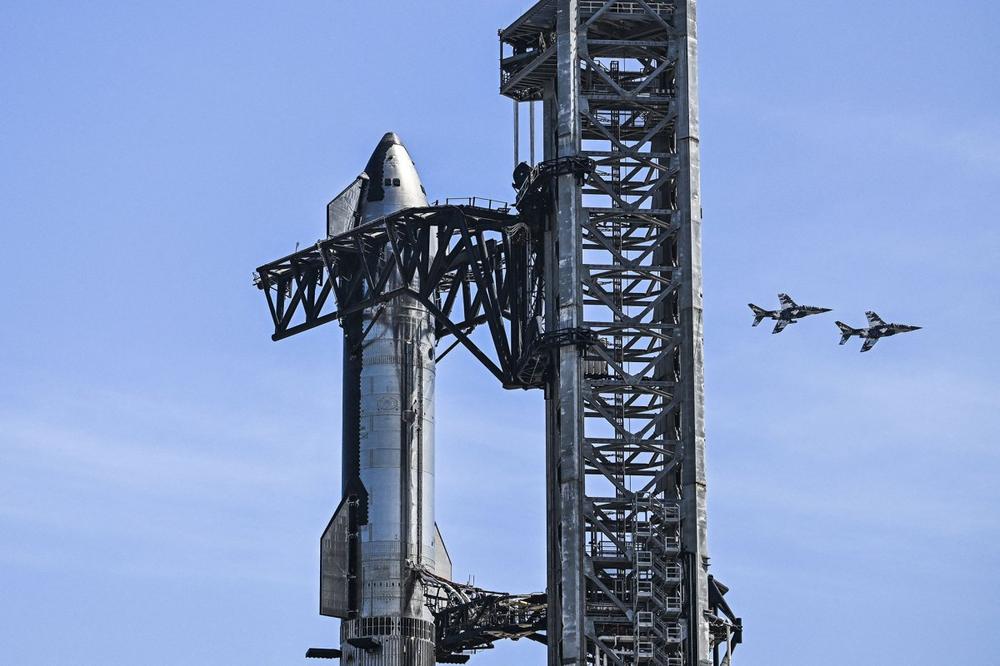Tesla shareholders should reject a compensation plan that could pay Elon Musk more than $1 trillion over the next decade, proxy advisory firm Institutional Shareholder Services (ISS) said in a report Friday.
The plan is designed “to retain Musk and keep his time and attention on Tesla instead of his other business ventures,” but “there are no prescriptive elements within the award to ensure his focus and time remain on Tesla as opposed to his other ventures, undermining the award’s primary rationale,” the advisory firm said in a report for its clients.
The “astronomical grant value” awarded to Musk could dilute value for other shareholders “due to the extreme value and number of shares being granted,” and it is questionable whether the award “is necessary or appropriate to further align his interests [with Tesla] when he currently holds a 19.8 percent ownership stake in the company,” ISS said.
The Tesla proposal, scheduled for a November 6 shareholder vote, could give Musk over 423.7 million Tesla shares and an ownership stake as high as 28.8 percent. It would be awarded in 12 tranches as Musk hits each goal laid out in the proposal.
$1 trillion
Tesla estimated the value of the shares at $87.8 billion while ISS values them at $104.4 billion. Using Tesla’s lower valuation, the ultimate value for Musk would exceed $1 trillion if all market capitalization goals are reached.
“Full achievement of the market capitalization milestones requires historic growth of approximately $7.5 trillion (as of the grant date) to reach the final $8.5 trillion target,” the ISS report said. “This would result in higher market cap than that of Tesla’s largest current competitors in the AI space combined… If all of the shares are ultimately delivered and the highest market cap milestone is achieved, the potential value of those shares is more than $1 trillion.”
Musk’s pay package combines operational goals with market value milestones. The first goal involves delivering 20 million vehicles while hitting a $2 trillion market valuation. More goals include obtaining 10 million Full Self-Driving subscriptions, delivering 1 million “AI robots,” putting 1 million robotaxis in operation, and achieving a $400 billion adjusted EBITDA (earnings before interest, taxes, depreciation, and amortization).
A recent Reuters report said that “Musk could reap tens of billions of dollars without meeting most of those targets,” collecting over “$50 billion by hitting a handful of the board’s easier goals that won’t necessarily revolutionize Tesla’s products or business.”
The ISS report said “the high value of each tranche could also potentially undermine Musk’s desire to achieve all goals and create significant value for shareholders.” The “unprecedented size locks in high pay opportunities for years to come, and billions can be earned for just partial goal achievement,” which could “undermine Musk’s desire to achieve all goals and create significant value for shareholders,” the report said.
The pay structure “locks in extraordinarily high pay opportunities over the next ten years, and reduces the board’s ability to meaningfully adjust future pay levels in the event of unforeseen events or changes in either the performance or strategic focus of the company over the next decade,” the report said.
Tesla defends pay
Tesla criticized the ISS report in an X post. “ISS once again completely misses fundamental points of investing and governance,” Tesla said. “They recommended against compensation that shareholders have voted on twice before (and that Elon has already earned), as well as the 2025 CEO Performance Award (where Elon receives nothing unless shareholders win big)… It’s easy for ISS to tell others how to vote when they have nothing on the line.”
Elon Musk’s 2018 pay plan was voided in January 2024 by a Delaware judge, who wrote that most Tesla board members were beholden to Musk or had compromising conflicts. Tesla held another shareholder vote to re-approve the plan, but it was rejected in court again.
Tesla has since moved its corporate headquarters to Texas, where state law allows Musk and his brother Kimbal to vote their shares on the pay package during the shareholder vote.
Ann Lipton, a University of Colorado Law School professor, told the Financial Times that she expects shareholders to approve the latest pay package despite the ISS recommendation. “They recommended against it before and the shareholders voted in favor, and this time Elon Musk gets to vote… and his brother gets to vote,” she said. “That wasn’t true last time. I strongly expect that all of these proposals are going to go Tesla’s way.”
Pay plan goals are vaguely defined, letter says
The Musk pay plan was also opposed in a letter signed by the American Federation of Teachers; state treasurers from Nevada, Massachusetts, and New Mexico; and comptrollers from New York City and Maryland.
“We believe the Board’s failure to ensure CEO Musk devotes full attention to Tesla, while making him the highest-paid CEO in history, shows how beholden it is to management,” the letter said. “The Board has permitted Mr. Musk to be over-committed for years, allowing him to continue as CEO while taking time-consuming leadership roles at his other companies, xAI/X, SpaceX, Neuralink, and Boring Company.”
The letter said the pay plan’s vehicle-delivery goal could be reached even if annual sales decrease and that the Full Self-Driving subscription goal is “carefully worded to not actually require that the service ever achieves full unsupervised self-driving.”
The letter said the goal of delivering 1 million AI robots or “bots” is so vague that “even if Tesla fails to develop a commercially successful robot, it could market devices developed and manufactured by other firms and still achieve this milestone.” The robotaxi goal similarly “does not require that Tesla has designed and developed the robotaxis in question, nor that their operation be profitable,” the letter said.
The letter faulted the board for letting Musk take “a leadership position at the US Department of Government Efficiency (DOGE), a role widely seen as having a negative impact on the Company’s performance and brand… In our view, the Board’s failure to limit Mr. Musk’s outside endeavors while rewarding him with unprecedented pay packages for only a part-time commitment strongly indicates a lack of true independence by management and jeopardizes long-term shareholder value.”

 Cards Against Humanity settles trespass lawsuit against SpaceX
Cards Against Humanity settles trespass lawsuit against SpaceX